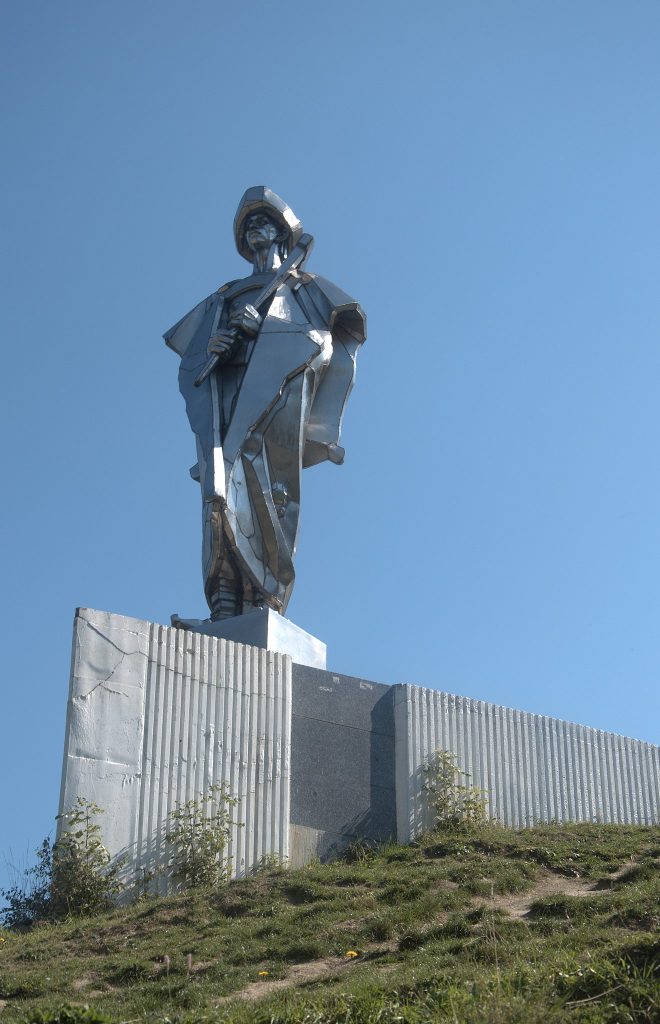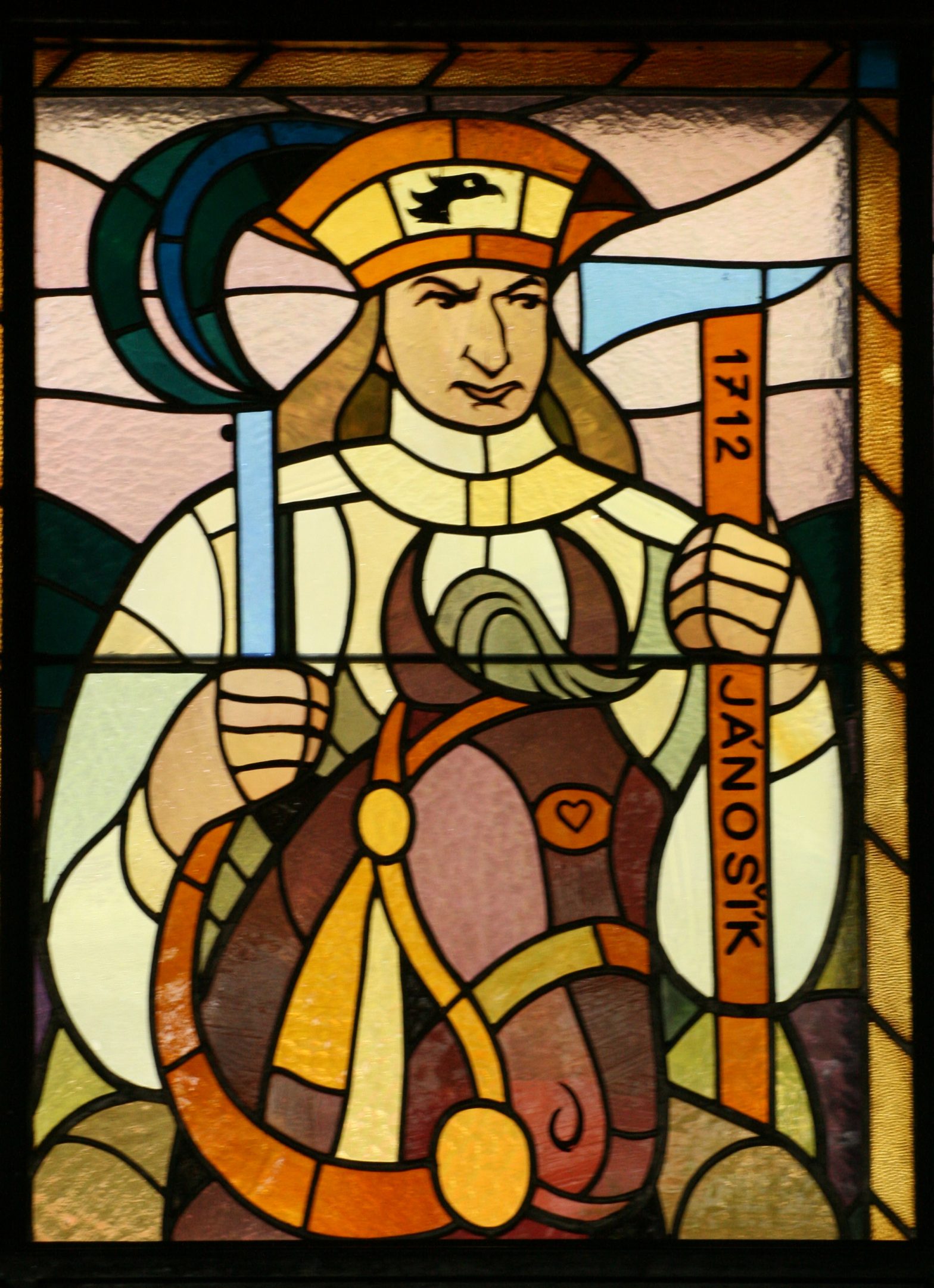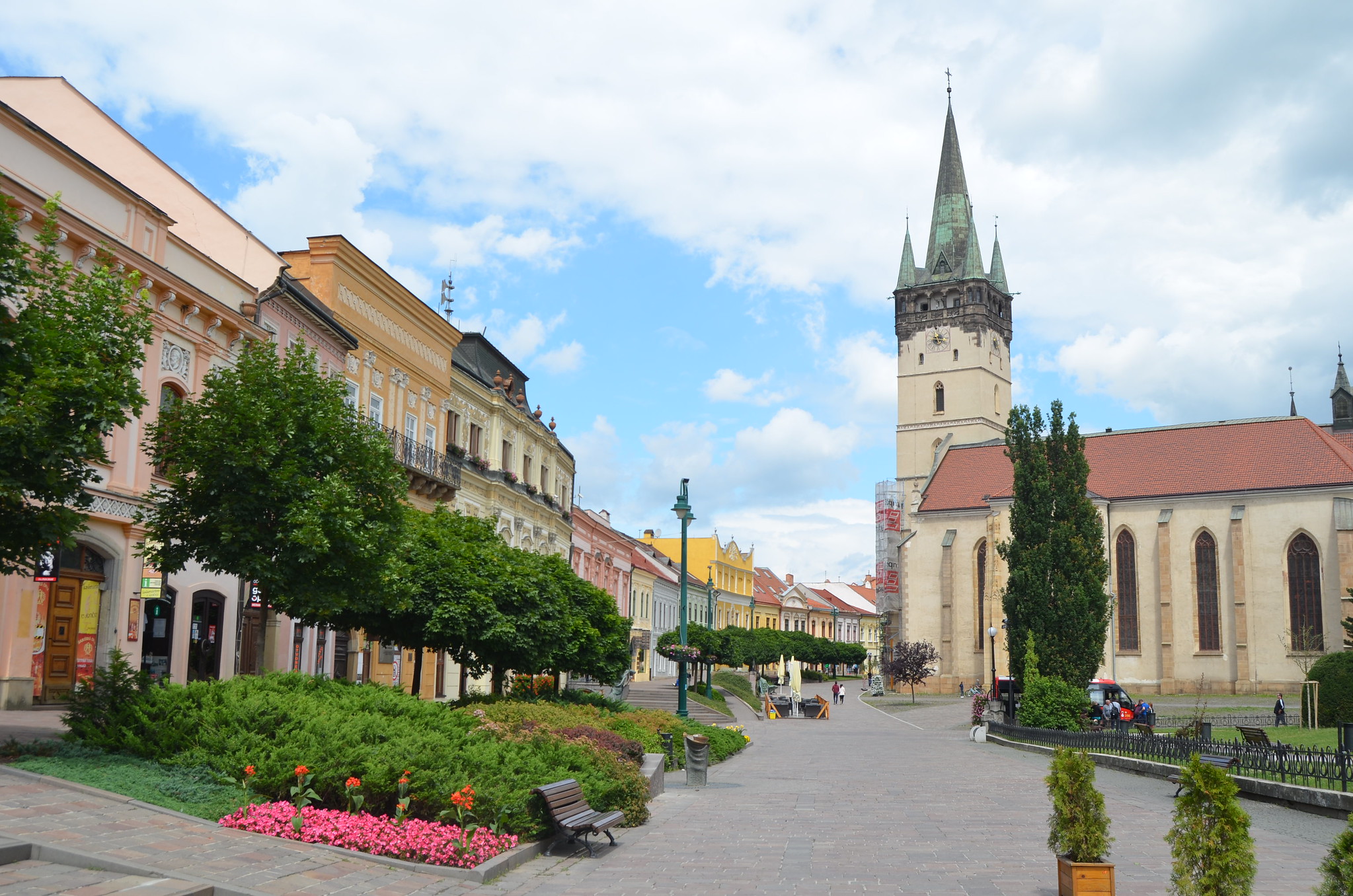Juraj Jánošík, often hailed as the Slovak Robin Hood, is a legendary figure in Slovak folklore and a national hero who defied authority in the 18th century. His life, marked by daring escapades, a sense of justice, and a reputation for taking from the rich to give to the poor, has become an enduring symbol of resistance against oppression. This article explores the comprehensive story of Juraj Jánošík, delving into his upbringing, achievements, and the legacy that continues to inspire generations in Slovakia.
Early Life and Upbringing:
Juraj Jánošík was born around 1688 in Terchová, a village nestled near the Tatra Mountains of what is now Slovakia. His early life was typical for a young man in a small village, marked by hard work, close-knit community ties, and a strong sense of justice. As a shepherd, Jánošík spent much of his time in the mountains, honing his skills as an outdoorsman, which would later prove crucial to his life as an outlaw.
The Transformation into an Outlaw:
Jánošík’s life took a dramatic turn when he joined the Habsburg army, likely during the Rákóczi’s War of Independence (1703–1711). However, his experience in the military was fraught with injustice and corruption, leading him to desert and turn against the oppressive forces he once served. Legend has it that Jánošík’s transformation into a highwayman began when he stood up against the mistreatment of a fellow Slovakian – Tomáš Uhorčík, who became his companion and his right hand man.
The Slovak Robin Hood:
Jánošík’s exploits soon earned him a Robin Hood-like reputation, with tales of his daring robberies targeting the wealthy elite spreading throughout the region. However, his methods differed from traditional banditry, as he was known for his “from an oak to an oak” approach to distributing stolen goods. This phrase encapsulated his commitment to taking from the rich and distributing the spoils to the poor, much like the English folklore hero Robin Hood.

The Outlaw’s Code:
Jánošík became a symbol of resistance against social injustice, and his actions were often romanticized as acts of defiance against the oppressive feudal system. His unwritten code of ethics, which included sparing the poor and punishing the corrupt, endeared him to the common folk. The legend grew as stories of his encounters with the authorities and narrow escapes from capture spread far and wide.
Legacy and Cultural Impact:
Juraj Jánošík’s legacy extends beyond his Robin Hood image. He is celebrated in Slovak literature, music, and folklore, with numerous ballads and stories recounting his adventures. His character has been depicted in plays, novels, and films, solidifying his place in Slovak cultural history. Jánošík’s defiance of Hungarian tyranny and his compassion for the downtrodden continue to inspire social justice movements in Slovakia.
The End of the Legend:
Jánošík’s life as a highwayman eventually caught up with him. In 1713, he was captured, tortured, and sentenced to death by hanging from a hook pierced under his left rib. Legend has it that a Gypsy woman betrayed him by spilling beans on the floor on which he slipped, as otherwise the dráby (enforcers of the day) would not have caught him. His famous last words were: “If you have baked me, so you shall also eat me!” His execution on March 17, 1713, marked the end of an era, but it did not diminish his enduring legacy.
Conclusion:
Juraj Jánošík’s life and legacy are woven into the fabric of Slovak identity, symbolizing the struggle against oppression and the fight for justice. Whether viewed as an outlaw or a national hero, Jánošík’s story resonates with the enduring human desire for freedom and fairness. His legacy lives on in the hearts of the Slovak people, a testament to the enduring power of folklore and the indomitable spirit of those who resist injustice.






